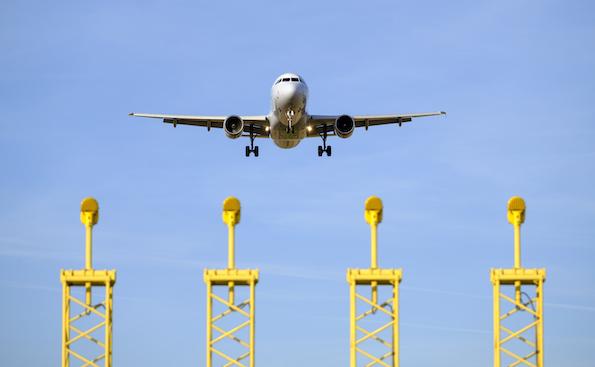President Trump Signs Coronavirus Stimulus Act; Airlines To Get Up To $58B

WASHINGTON—U.S. President Donald Trump signed into law a sweeping $2 trillion coronavirus stimulus package, including up to $58 billion in financial aid to help airlines blunt the financial impact of the COVID-19 pandemic.
The 883-page Coronavirus Aid, Relief, and Economic Security Act (CARES Act) will provide $29 billion in workforce grants for airline workers, removing the possibility of mass furloughs for the next six months amid the industry crisis caused by the COVID-19 pandemic. Grants include $25 billion for passenger carriers and $4 billion for cargo airlines, as well as $3 billion for contractors like caterers and airport workers. All of the grant money must go toward employee pay and benefits, and airlines that accept the funds will be barred from involuntarily furloughing employees or discontinuing service to any American airport through Sept. 30.
Now that the CARES Act is law, the Treasury Department will have to move quickly; procedures explaining the application process must be published within five days, and initial payments to airlines must commence within ten.
The aid package also makes a further $29 billion in loans and loan guarantees available, although analysts question whether carriers will opt for them, given restrictive conditions in the legislation and carriers’ ready access to private capital markets. The federal government set up a $10 billion loan guarantee program for airlines following the Sept. 11, 2001 terrorist attacks, but just $1.2 billion was ever dispersed.
Airlines also secured suspension of a host of aviation taxes through the end of the year, including taxes paid on domestic tickets, international arrivals and departures, award mile purchases, cargo and kerosene.
Airlines for America (A4A) president and CEO Nicholas Calio praised Congress for approving the package in a statement, noting that airlines are operating with load factors as low as 10-20%, even after making dramatic cuts to capacity.
“We remain hopeful that the federal government will expeditiously release these funds with as few restrictions as possible to ensure airlines are able to utilize these provisions and meet our payroll,” Calio said.
American Airlines chairman and CEO Doug Parker said in a video message that the Fort Worth-based airline—the country’s largest by fleet size and passengers flown—will be eligible to receive $12 billion of the total $50 billion in financial aid available for passenger carriers.
“We are confident that those funds, along with our relatively high available cash position, will allow us to ride through even the worst potential future scenario,” Parker said.
United Airlines CEO Oscar Munoz and president Scott Kirby said in a candid message to the company’s 100,000 employees that there will be no furloughs or layoffs through Sept. 30 as per the law, but added that some downsizing may still be needed following that date if air travel demand fails to rebound in a meaningful way. “If the recovery is as slow as we fear, it means our airline and our workforce will have to be smaller than it is today,” they said.
The legislation provides American airports $10 billion in additional FAA Airport Improvement Program (AIP) funds, authorized “for any purpose for which airport revenues may lawfully be used.”
“The funding and flexibility provided by Congress will help airports cover new operating costs, avoid defaults on their bonds and keep people working during these challenging times,” said Airport Council International-North America president and CEO Kevin Burke.
An additional carve-out will send $17 billion to national security contractors, likely including aerospace companies like Boeing and General Electric, the former of which has separately called on Congress for $60 billion spread out across the aerospace supply chain.





